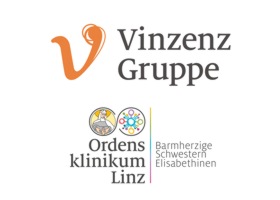Fuchssteiner, H, Nigl, K, Mayer, A, Kristensen, B, Platzer, R, Brunner, B, Weiß, I, Haas, T, Benedikt, M, Gröchenig, H P, Eisenberger, A, Hillebrand, P, Reinisch, W und Vogelsang, H
(2014)
[Nutrition and IBD-Consensus of the Austrian Working Group of IBD (Inflammatory Bowel Diseases) of the ÖGGH].
Zeitschrift fur Gastroenterologie, 52 (4).
pp. 376-86.
ISSN 1439-7803
Für diesen Eintrag wurde kein Volltext-Dokument angefügt.
Kurzfassung
This is a consensus of the Austrian working group of IBD (inflammatory bowel diseases) of the ÖGGH on nutrition in IBD. Malnutrition should be assessed in case of IBD (in 20 - 70 % of Crohn's patients) and weight loss(> 5 % within 3 months) or nutritional deficiencies or after extensive bowel resection and afterwards also treated. Malnutrition should be treated with medical therapy of IBD and also adequate - as far as possible - with oral nutritional therapy particularly because of reduced life quality, risk of opportunistic infections, osteopenia/osteoporosis, longer hospitalisations and higher mortality. Iron homeostasis, serum levels of Vitamin B12- and folic acid, 25-hydroxyvitamin D and zinc should be checked. Therapy with enteral liquid diets is only indicated as therapy of first choice in children and adolescents, but only in rare situations in adults with IBD. There is - up to now - no proven oral diet for maintenance of remission in IBD. Probiotics as E. coli Nissle could be used as alternative to mesalazine for maintenance of remission in patients with ulcerative colitis. A specific dietary counselling is mandatory in patients with ileostoma or short bowel syndrome. Malnutrition of short bowel patients is particularly dependent on the function and length of the remaining bowel, therefore the most effective medical therapy should be administered.
Actions (login required)

- Eintrag anzeigen


 Tools
Tools Tools
Tools